Delve into the complex interplay between climate change and environmental challenges like water pollution, air pollution, land pollution, and plastic pollution. Explore the far-reaching consequences beyond temperature fluctuations and glacier melting, including their impact on migration, food security, water scarcity, and the potential to ignite regional conflicts. Gain a deeper understanding of why climate change has emerged as a critical national security issue, necessitating urgent attention and proactive measures.
There is a difference between the climate and the environment. The environment is affected by water pollution, air pollution, land pollution and plastic pollution. These pollutions are different from climate change. It doesn’t mean the temperature will rise and the glaciers will melt. It also means that people will migrate. Nations will face food security and water issues. So, this will cause a domino effect which will raise regional conflicts. Hence, it’s not only climate change. But it is evolving as a national security issue.
Frontiers Inventories published research that only 25 mega cities produce 52% of the greenhouse gas emissions. The carbon levels in the atmosphere were the same for the past 800,000 years. But now they are 415 parts per million in the atmosphere. It shows that carbon dioxide in the atmosphere is 0.04% compared to 0.03% in the past. It doesn’t seem a big difference, but it is causing severe environmental degradation. If we go back to 400 million years ago, the carbon levels never got so high. Now they are increasing rapidly. The earth is going to face its consequences.
This change is severely affecting humans. Agricultural regions, especially Pakistan, will suffer the most. Pakistan is an overpopulated and middle to lower-income country. People don’t have the resources to protect themselves from the impact of climate change. Government authorities of Pakistan claim that they are not producing as much carbon dioxide as megacities are. Pakistan is producing less than 1% globally. But the statistics reveal in Paris Agreement that Pakistan’s carbon emissions will increase by 300% by 2030. The strange fact is that the transportation sector emits less than 20% of carbon dioxide. Although the government has shut down coal power plants, they need more sustainability. It will help them reduce carbon dioxide emissions and improve people’s well-being and employment generations.
After Antarctica and Arctic Circle, the third most snow-covered areas are the Himalayas, located in the north of Pakistan and India. The melting glaciers are causing Glaciers to Lack Outburst Floods (GLOF). These GLOFs are very intense floods which can destroy entire villages. Unfortunately, humans have no solutions to stop and fight them. They are melting due to the rise in temperatures. Pakistan alone can’t stop the global temperature rise. It needs global efforts. We can warn people to evacuate before the floods hit them. Governments should assist displaced people in migrating.
The German watch Report has been warning Pakistan since 1999 that Pakistan would be one of the most affected countries due to global warming. The low-income countries are most exaggerated by climate change because they are agricultural countries, and their GDP depends mainly upon their crops. The crops depend upon three factors, sunlight, water and fertile lands. When the rainfall is late, and the availability of water is different, the crop yield will be different. It might be beneficial to some but disastrous to many.
South Asia and South Africa are the most affected regions by climate change. Pakistan is among the 20 countries which are hit hard by climate change. The flood in 2022 was the worst disaster which hit Pakistan. More than 1300 lost their lives and the economic loss has reached up to $18B till 10 September 2022. According to Express Tribune, more than 1500 lost their lives and the economic loss reached up to $30B during a flood in 2022. The Tribune added that the world should compensate Pakistan for this huge loss. If global warming continues, Pakistan and its neighbouring countries will suffer such calamities every year.
Government can construct bioreactors to convert it into gas. Health and education sectors can proclaim population controls. These measures will improve the economy, agriculture production and food security. Normally, educated women choose to have fewer children and focus more on their education. Unless people don’t get educated and they don’t have the resources to understand what climate change is and how it is affecting us. We don’t have enough scientists and researchers either. Reports say that we are producing only 50 to 60 environmental engineers every year and even they don’t get employed to serve in this sector.
These are the few measures which every developing country should acquire instantaneously to tackle climate change. But the world needs more attention to this intense calamity. In 2021, people protested worldwide and raised the slogan “Stop Climate Crime”. They pleaded to strengthen government commitments in the fight to protect the planet. The UN has been organizing the climate change conference annually for the past 26 years. Glasgow Climate Change Conference Agenda (COP26 Oct-Nov 2021) considered five steps to address global warming.
1. Overall temperature elevation warnings decrease based on assurances made at COP26, but not as far as experts had desired. The Glasgow Climate Pact is the successor to the Paris Agreement. In Paris, countries put forth the objective of conserving the increase in the global average temperature to well below 2°C, above pre-industrial levels [3.6 Fahrenheit] and following measures to restrict the temperature increase to 1.5°C to stay below 1.5C. The scientists increasingly indicate that the disastrous effects of climate change will kick in at 1.5C, and the UN hoped that the Glasgow agreement would devote a route to staying below 1.5C, but it didn’t quite get there.
2. Biden management reestablishes the U.S. as a global authority on the environment. The U.S.’s climate approach was still contentious. Towards the end of the conference, climate referee activists and developing countries articulated annoyance with the U.S. and European Union for plugging the budgets to allocate reparations for the upset and deterioration in developing countries due to climate change. India, the world’s third leading emitter of greenhouse gases, had, for the first time, committed to achieving net-zero emissions by 2070. The enormous developing nations such as India and Indonesia didn’t offer big-enough emissions scratches to set the world on a path to stay below 1.5C due to inferior revenues.
3. Developing nations say more capital is a must to handle climate change. This year’s conference also concentrated on how climate change would strike the developing world hardest, even though those countries are only liable for a very tiny portion of accumulative greenhouse gas emissions. Wealthy countries like the United States have not fulfilled their past pledge to deliver by the year 2020 more than $100 billion annually in loans and donations to help impoverished countries control the wrecks of harsh weather occurrences and grow fossil fuel-free economies. For the first time, the current summit has possessed the regulation that loss and deterioration in developing nations should be neutralised by wealthier countries. But it only is a general objective, without directions for how much money is required, who will contribute it and how it will be allocated.
4. Guarantees are a beginning, but they aren’t measurements. Administrators felicitated the word, stating that the nations that had inscribed for 85 per cent of the planet’s woods, which are essential in absorbing carbon dioxide and maintaining temperature heap in an inspection. While identical guarantees had been made in previous years to terminate deforestation, hope started everlasting that the world had finally awakened to the significance of conserving woodlands.
5. The natural outcome of the ‘decisive decade’ has already started. Everyone from world leaders to deteriorated activists described the 2020s as the critical point in the struggle to prevent climate tragedies. “Scientists tell us that this is the decisive decade — this is the decade we must make decisions that will avoid the worst consequences of the climate crisis,” Biden said in his discourse at the conference’s commencement. There was the acknowledgement of the severity of the crisis in Glasgow, and countries, corporations and the general public has initiated to take measures to alienate themselves from fossil fuels.
So, this entire announcement from Glasgow symbolises advancement in the war to restrict the impacts of climate change until the procedures are truly activated. It can’t be stated that the earth is ultimately on the path to evading tragedies. The Glasgow Climate Pact, like the Paris Agreement before it, is rather sufficiently apprehended as one grade further in that tack. “Enough of burning, drilling and mining our way deeper; we are digging our graves”, states UN Secretary-General. A global agreement is the need of the hour to terminate deforestation and shortened 30% of carbon dioxide emissions by 2030. We as a nation should also raise our voices to cease global warming and stop climate crime.
(You can see further details about Climate Change in Pakistan).


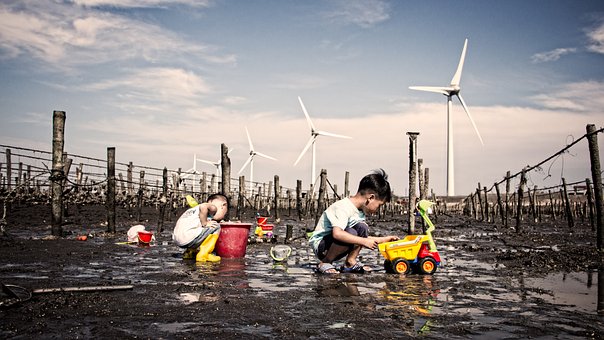
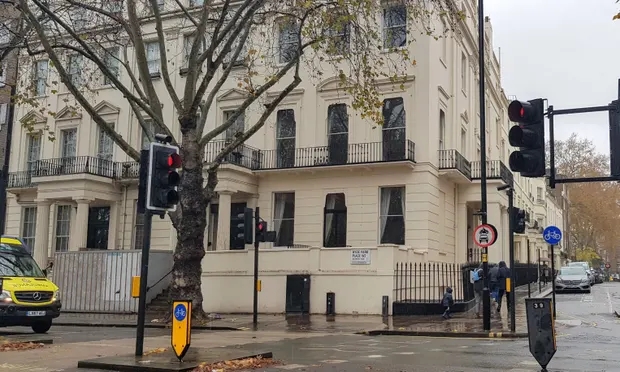
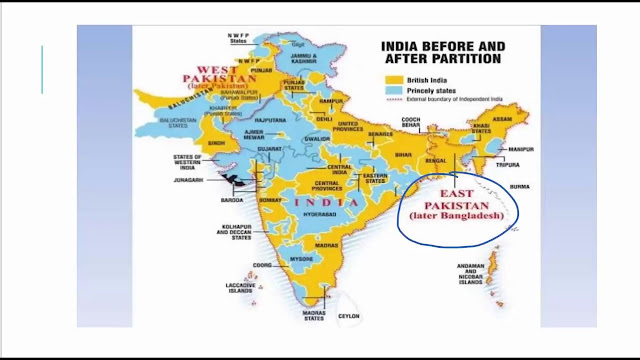
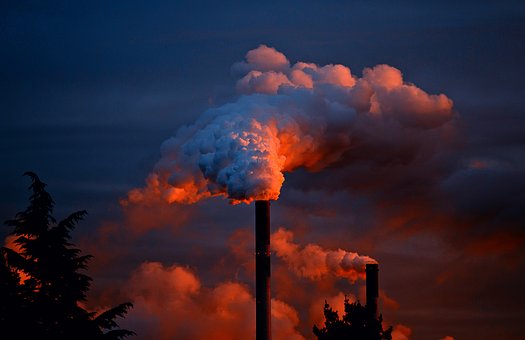
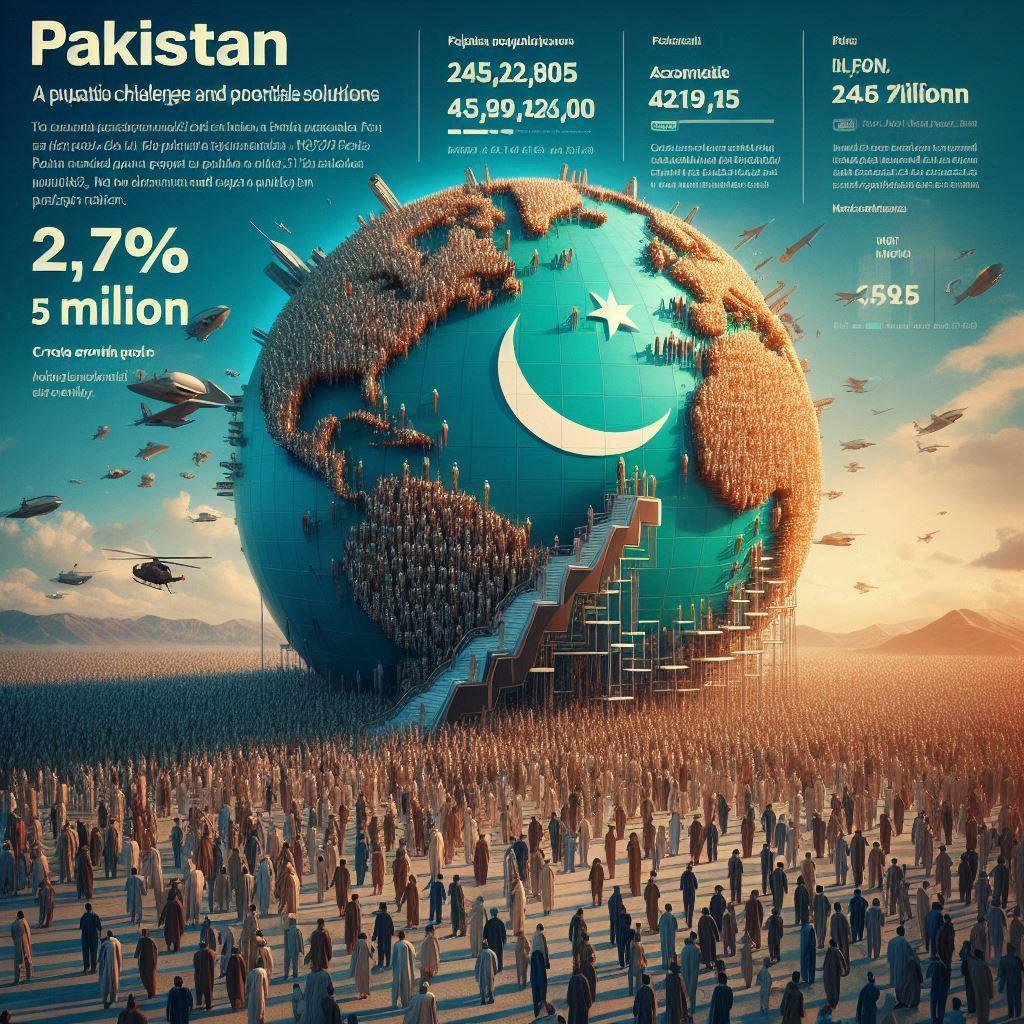


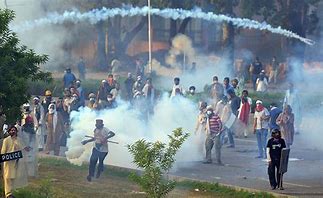
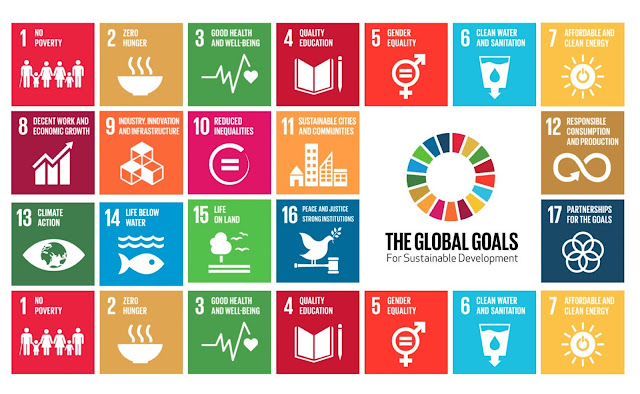
2 Comments